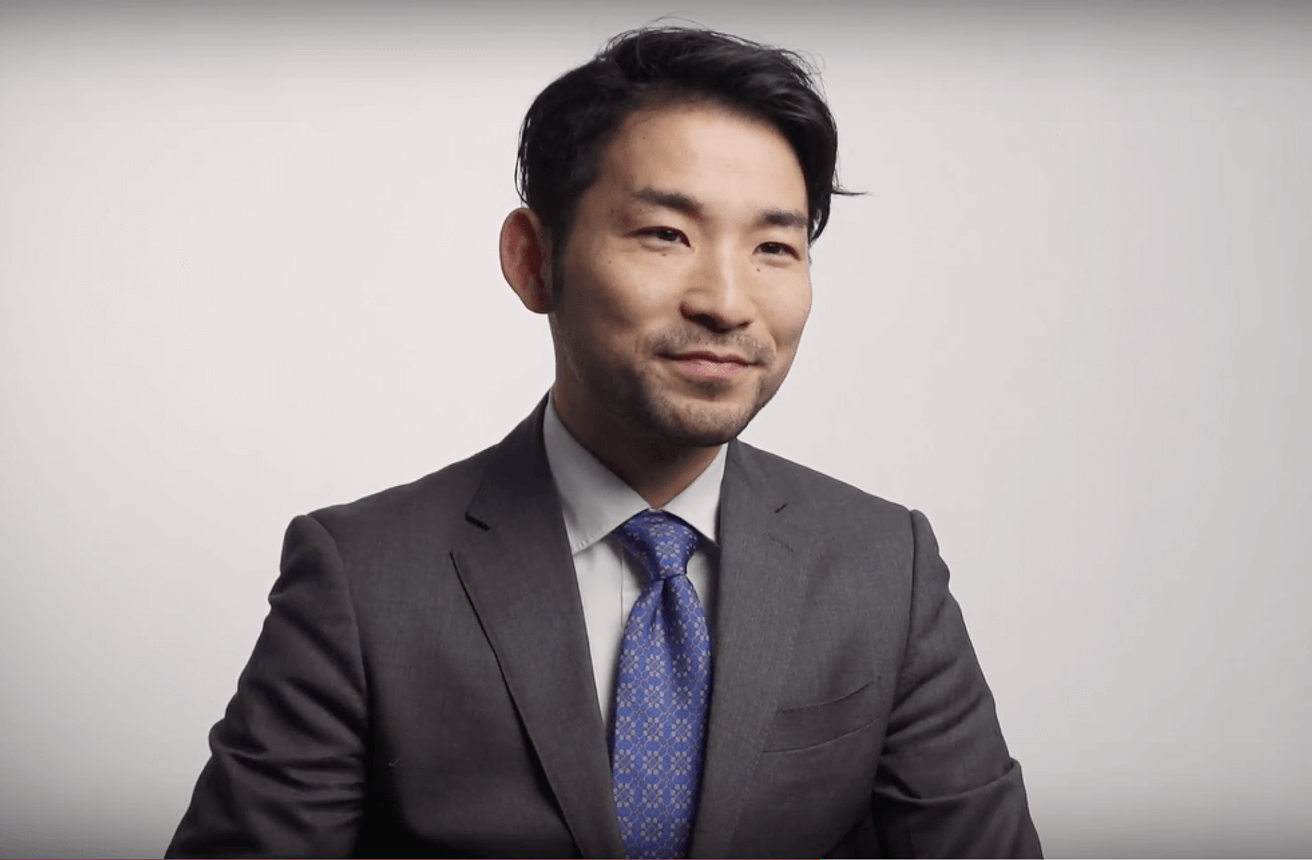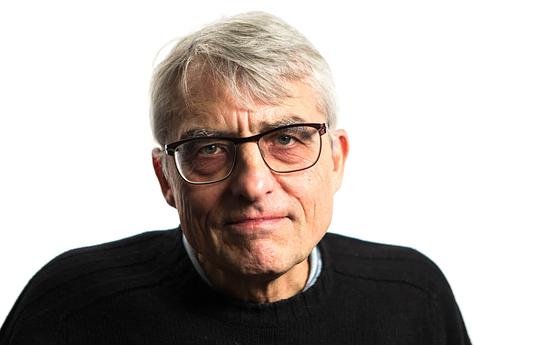Kazuya Takahashi
Kazuya Takahashi was a Top 10 finalist for the Global Teacher Prize 2016. As a teacher in Japan he uses LEGO-based instruction to encourage creativity in students and helped to organise the first high school space elevator competition.
Do you feel that the current way we are educating children fully prepares them for the needs of the 21st century?
In terms of Japan, no. Because Japanese education still is mainly lecturing so we ask students to sit down facing the blackboard and the teachers cram knowledge into students’ heads, it doesn’t really affect students 21st century skills. Digitalization is very interesting, it totally breaks down the barriers between school and outside of school and it means it forces us to redefine the meaning of a school.
What is the role of the teacher?
As digitalization goes faster, the role of a teacher has to change. Teachers used to just teach subjects but now a teacher has to coach, train, facilitate, produce what students do. Usually studying or learning is an individual task, but teachers have to work together now. We ask students to work together, but teachers are teaching individually. If you say work together, teachers have to work together first.
What do you feel the most exciting or effective learning environment would be?
I usually show the hallway of Japanese schools - it’s very nothing, just a white wall, absolutely nothing. It’s only how to manage students. 21st century school should be more like a playground - students, teachers and kids have lots of different kinds of intelligences, so we need to stimulate these talents and intelligences with changing school environments. It’s very extreme - I put lego in the hallway and tatami (floor mats) so students can sit down and interact in recess, so we just create a space for students.
Do you think standardized testing is the most effective way to judge learning?
No, because it only focuses on or sees the product of a student’s knowledge. Language skills, music skills, physical skills, nature knowledge, you cannot assess these with testing. So you need some kind of portfolio or something where you’ve created a tangible asset - like creating a poster, powerpoint, essay, dance, anything tangible that we can share together.
What role do you think government should play in education?
Government actually can order something but at school teachers have to work individually. So teachers should be more appreciated and should be more motivated to teach. Everyone should know teaching is a great job and they should appreciate teachers. Government should give teachers more freedom, teachers need more time to improve themselves and more opportunities to learn something new.
In your experience, can an innovation that works in one place work in another?
As I said, teaching is very analogue style but innovation changes the meaning of teaching so usually face to face is the basic of teaching but now with ICT teaching is not just face to face, its multiple lecturing or working to collaborate on a task.
What was your favorite moment or experience in your own K-12 education?
I was not a good student. I was really bad at studying history but one day my teacher was really mad at me, he emphasized I wasn’t good at learning history or social studies. So he said, “come with me!” He took me to a field, let me dig in the field and I found lots of pieces of ancient vessels. I took these back to school and revealed them, I asked why did ancient people create this kind of vessel? I tried to understand what ancient people thought and got to understand the meaning of history. Learning by making something - I learned a lot. That is now my philosophy.
The next 100 years of education should… be more playful.


